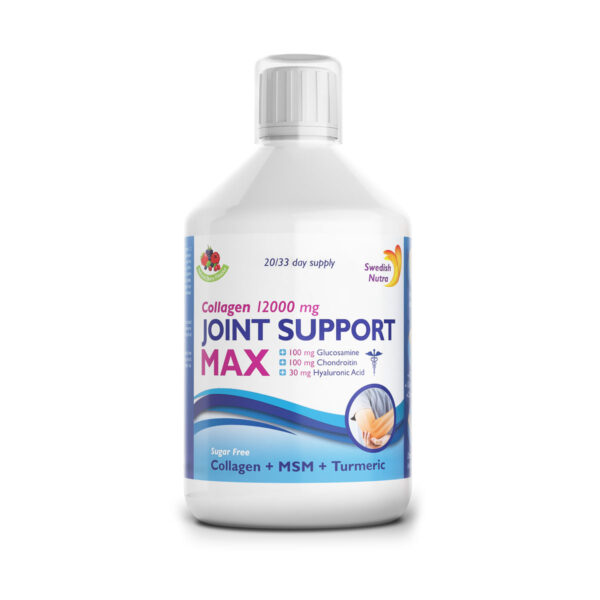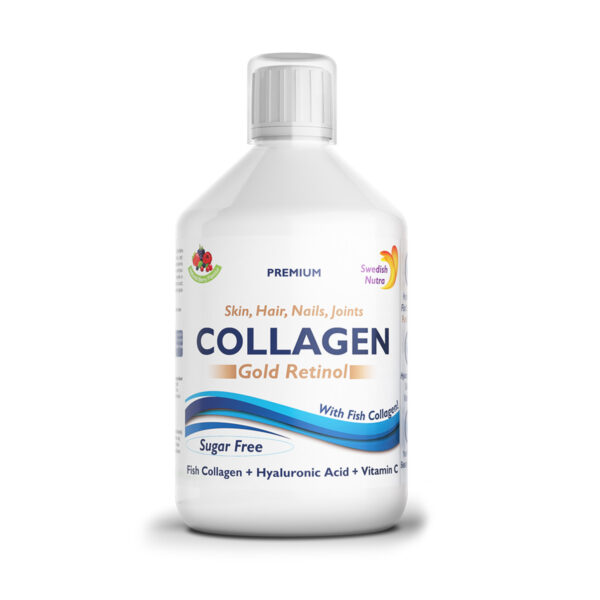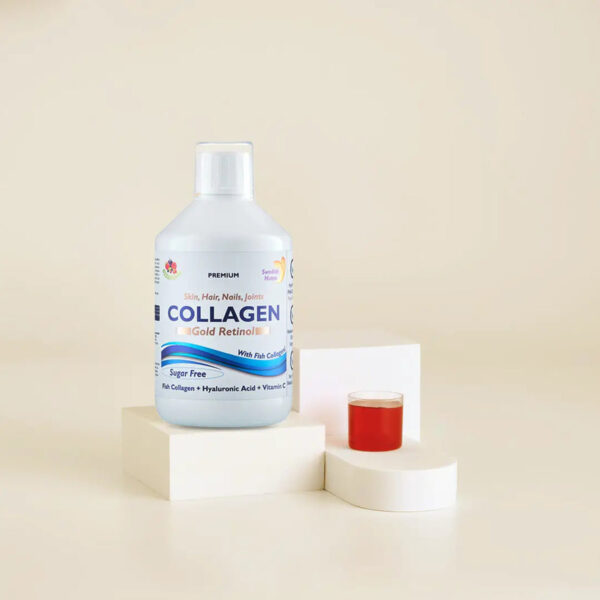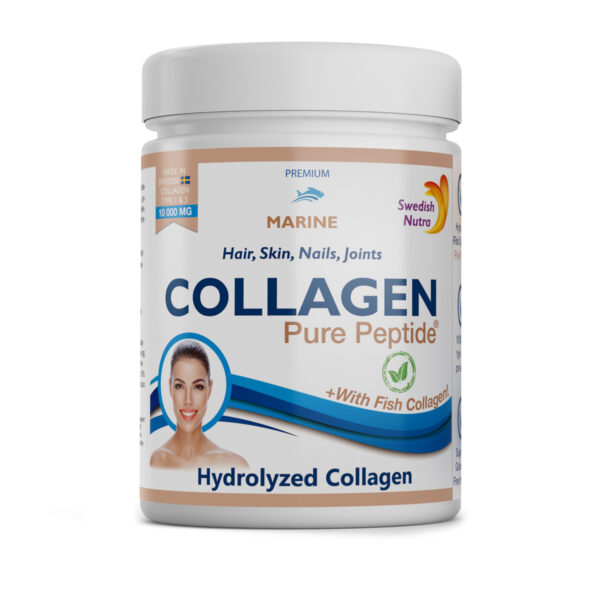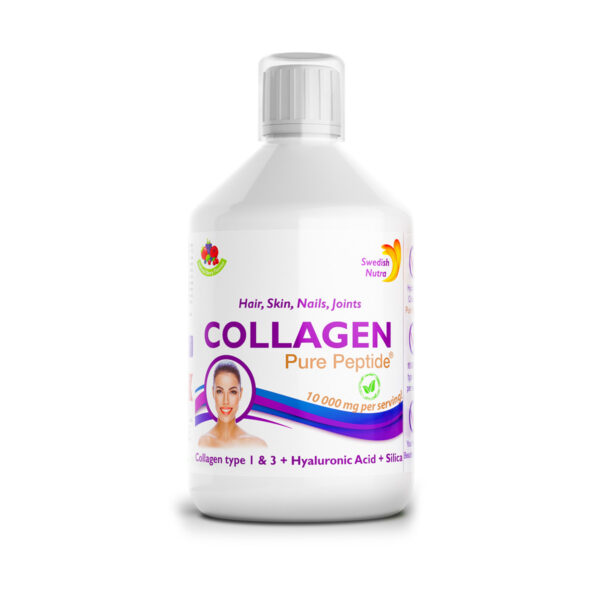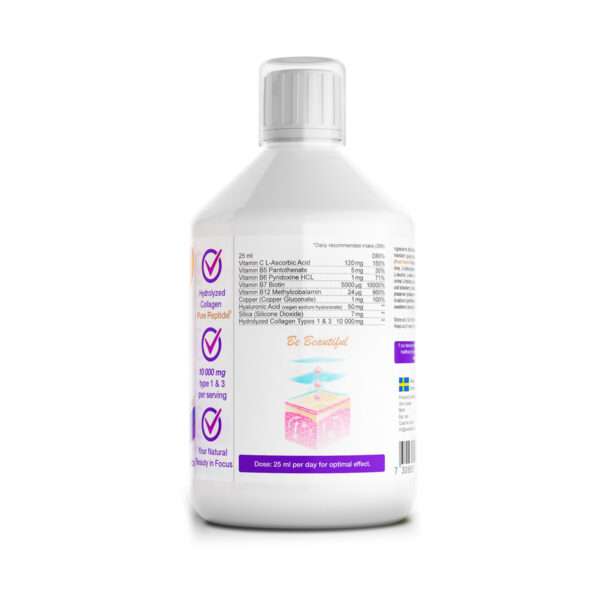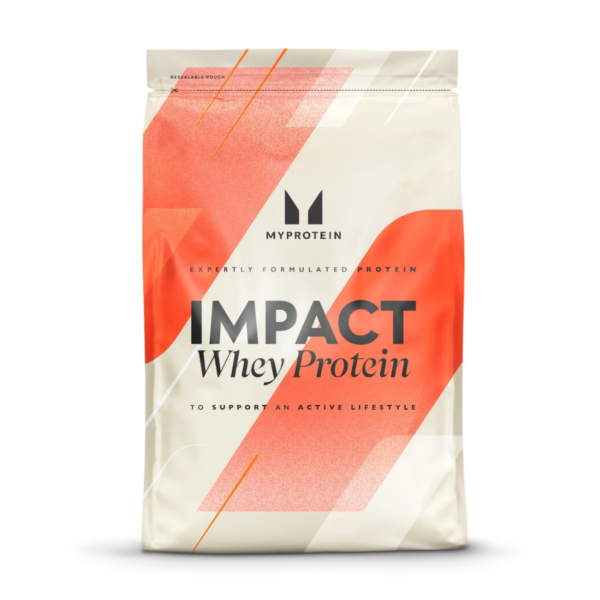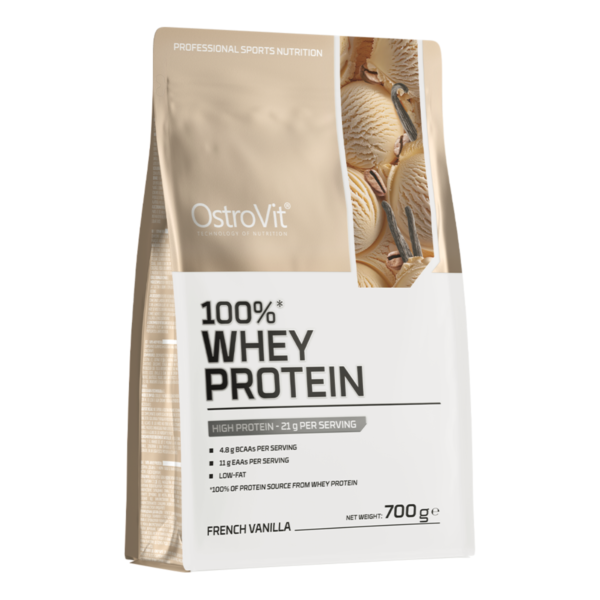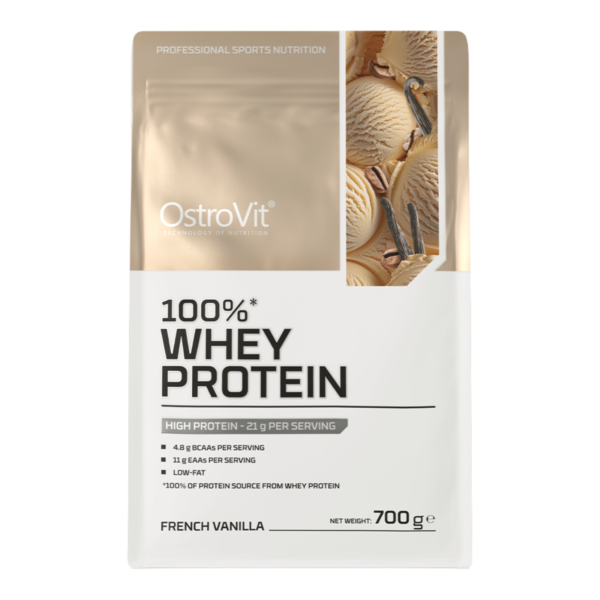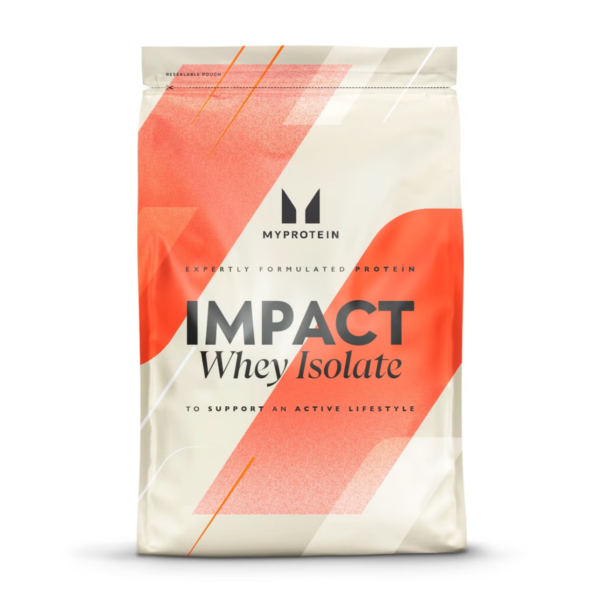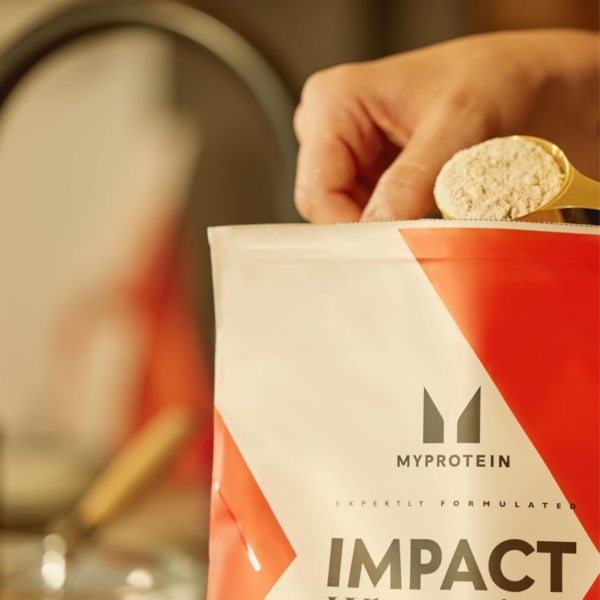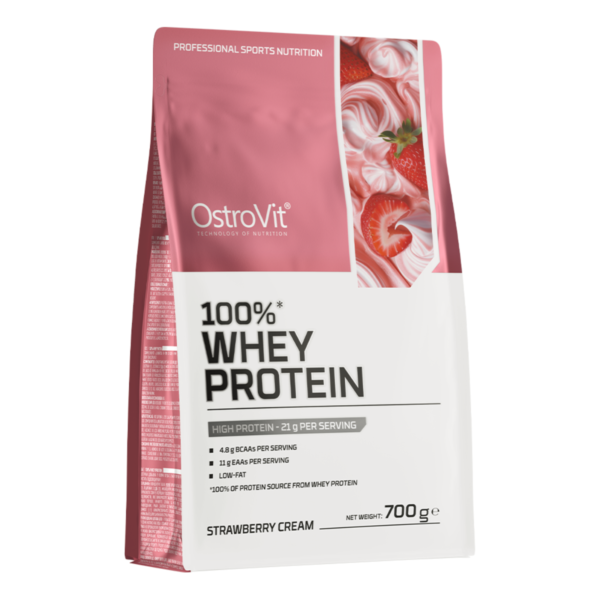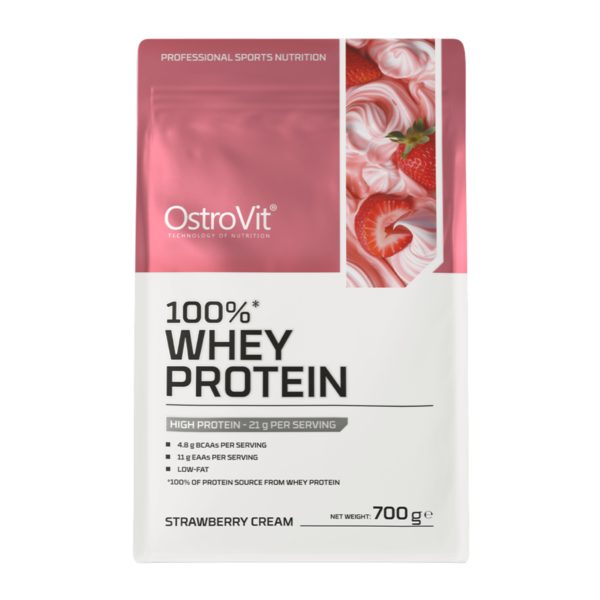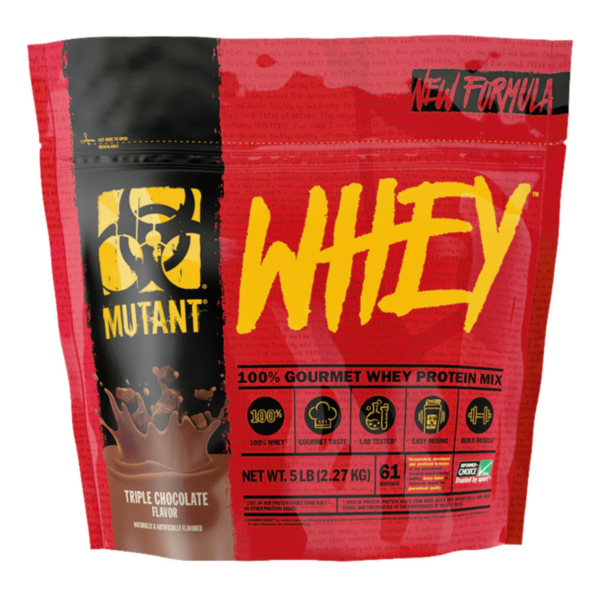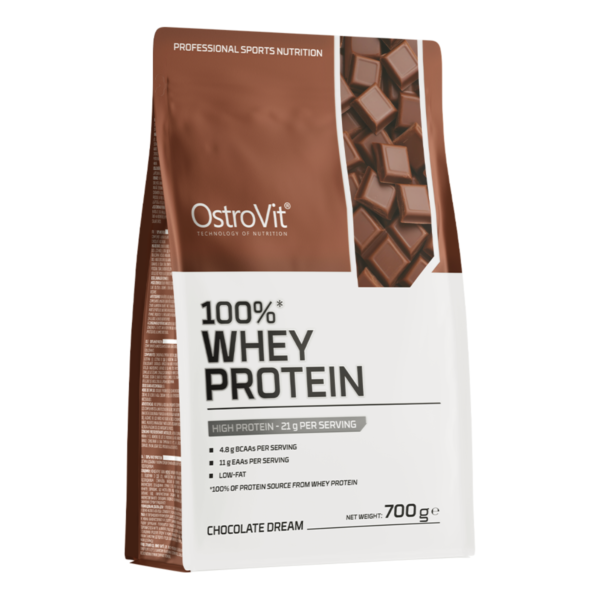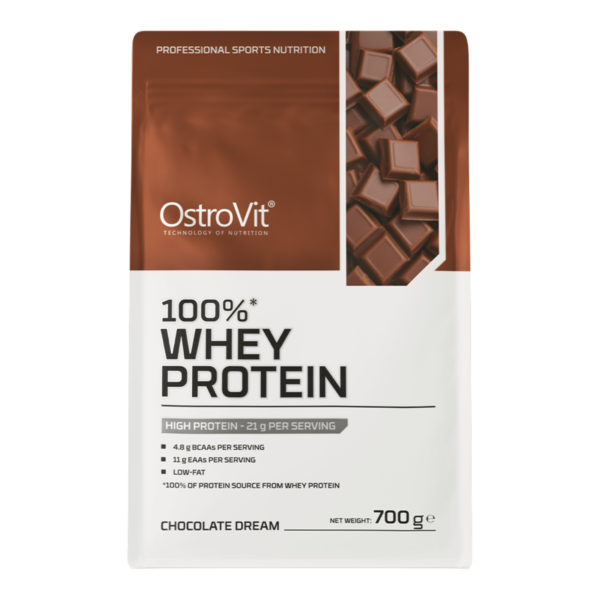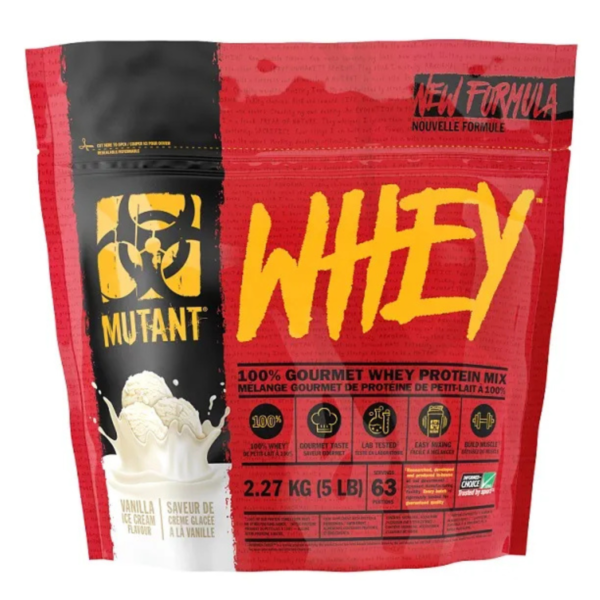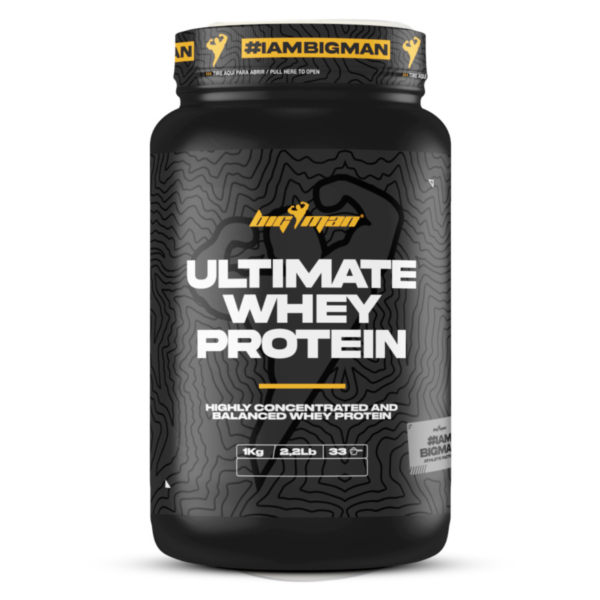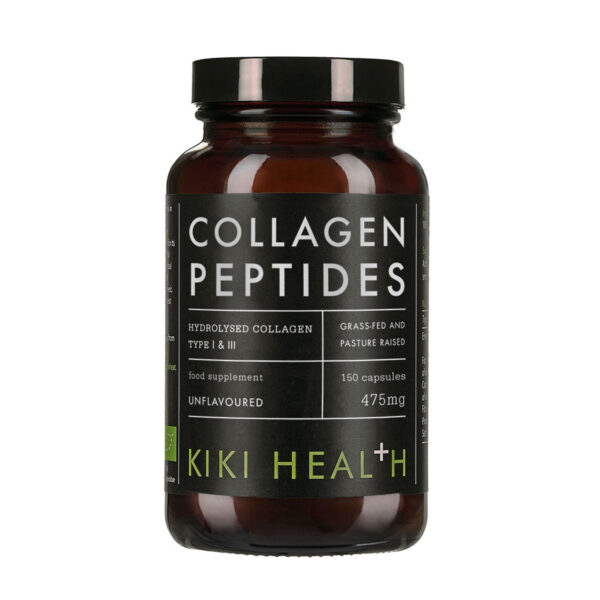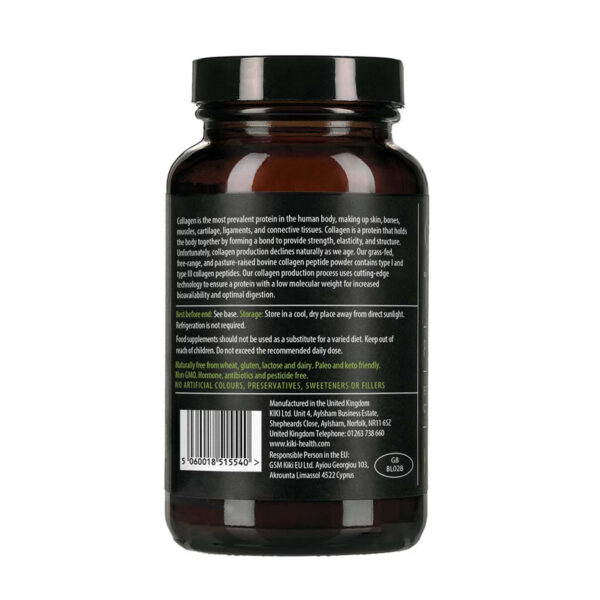Glutathione – The body’s superantioxidant
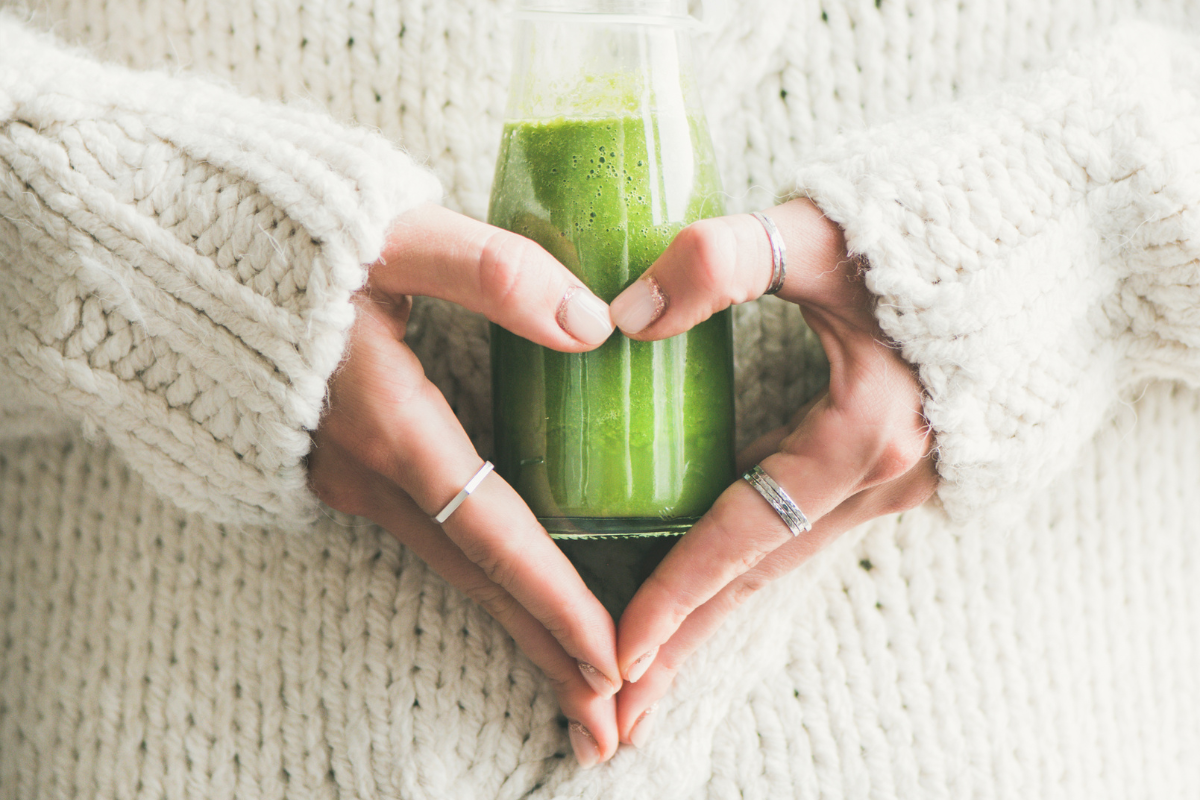
Glutathione has been attracting increasing attention in recent years, especially among health-conscious people and scientists. It is often referred to as the body’s most powerful antioxidant. But what makes glutathione so special? In this article, we will take an in-depth look at the importance of glutathione, its effects on health and how we can support glutathione levels in the body.
What is glutathione?
Glutathione is an antioxidant produced by the body itself and consists of three amino acids – cysteine, glutamic acid and glycine. It is found in all the cells of the body, where it plays an important role in neutralising free radicals and removing toxins. Glutathione is considered to be one of the most powerful defences against oxidative stress, as it helps to maintain the integrity of cells and DNA.
The role of glutathione in the body
Glutathione has several important functions in the body:
- Antioxidant protection: neutralises free radicals, reducing oxidative stress and inflammation in the body.
- Removing toxins: helps the liver to cleanse the body of heavy metals, pesticides and other harmful compounds.
- Immune support: supports optimal immune cell function and helps fight infections and chronic diseases.
- Energy production: glutathione helps to maintain mitochondrial health, which in turn improves the energy supply of cells.
Why do glutathione levels in the body decrease?
Although the body produces its own glutathione, a number of factors can significantly reduce it:
- Age: glutathione production in the body decreases with age, which may be linked to chronic diseases and reduced immune responses.
- Unhealthy diet: inadequate intake of protein, vitamins and minerals negatively affects glutathione synthesis.
- Stress and environmental influences: chronic stress, polluted air, smoking and alcohol consumption significantly reduce glutathione levels in the body.
- Medications: some medications, such as paracetamol and certain antibiotics, can cause a decrease in glutathione levels in the body.
Scientific studies on the health effects of glutathione
Studies have confirmed that adequate levels of glutathione in the body can prevent many chronic diseases and improve overall health. For example, studies have shown that glutathione levels are important in supporting cardiovascular health and help reduce the risk of heart disease.
Glutathione has also been scientifically proven to strengthen the immune system. One study showed that increasing glutathione levels significantly improved immune cell function, which is particularly important in older people and patients with chronic diseases.
In addition, glutathione plays an important role in maintaining brain health. Decreased levels of glutathione are associated with neurodegenerative diseases such as Alzheimer’s and Parkinson’s. Scientific studies have confirmed that increasing glutathione levels can help slow the development of neurodegenerative diseases.
How to raise glutathione levels naturally?
Fortunately, there are several ways to naturally increase glutathione levels in the body:
- Diet: Eat a varied diet and include foods that are essential for glutathione synthesis, such as broccoli, spinach, avocado, asparagus and garlic. It is also beneficial to consume foods rich in sulphur-rich amino acids, such as eggs, fish and poultry.
- Supplements: N-acetylcysteine (NAC) is a dietary supplement that is a proven way to boost glutathione levels. Studies have shown that NAC is able to effectively raise glutathione levels in the body, helping to reduce oxidative stress.
- Regular exercise: moderate physical activity has been shown to have a positive effect on glutathione levels in the body. However, it is important not to overdo the exercise, as too much exertion can actually increase oxidative stress.
- Stress management: reducing chronic stress through meditation, breathing exercises and good sleep helps to keep glutathione levels optimal.
Can glutathione also be taken as a supplement?
The efficacy of glutathione as a dietary supplement continues to be debated in the scientific world. Since glutathione is poorly absorbed by the intestinal tract, it is more effective to use precursors such as NAC or liposomal glutathione, which are many times more efficiently absorbed.
Glutathione is one of the body’s most important antioxidants, playing a key role in maintaining health and preventing disease. Maintaining and increasing its levels requires a varied diet, a healthy lifestyle and, where necessary, the use of appropriate supplements. Increasing glutathione levels can significantly improve quality of life, prevent disease and slow the ageing process.
Sources used:
- Atkuri, K. R., Mantovani, J. J., Herzenberg, L. A., & Herzenberg, L. A. (2007). N-acetylcysteine-a safe antidote for cysteine/glutathione deficiency. Current Opinion in Pharmacology, 7(4), 355-359.
- Dröge, W., & Breitkreutz, R. (2000). Glutathione and immune function. Proceedings of the Nutrition Society, 59(4), 595-600.
- Mandal, P. K., Saharan, S., Tripathi, M., & Murari, G. (2015). Brain glutathione levels-a novel biomarker for mild cognitive impairment and Alzheimer’s disease. Biological Psychiatry, 78(10), 702-710.
- Pizzorno, J. (2014). glutathione! Integrative Medicine (Encinitas), 13(1), 8-12.
- Richie, J. P., Nichenametla, S., Neidig, W., Calcagnotto, A., Haley, J. S., Schell, T. D., & Muscat, J. E. (2015). Randomized controlled trial of oral glutathione supplementation on body stores of glutathione. European Journal of Nutrition, 54(2), 251-263.
- Sekhar, R. V., Patel, S. G., Guthikonda, A. P., Reid, M., Balasubramanyam, A., & Taffet, G. E. (2011). Deficient synthesis of glutathione underlies oxidative stress in aging and can be corrected by dietary cysteine and glycine supplementation. The American Journal of Clinical Nutrition, 94(3), 847-853.





